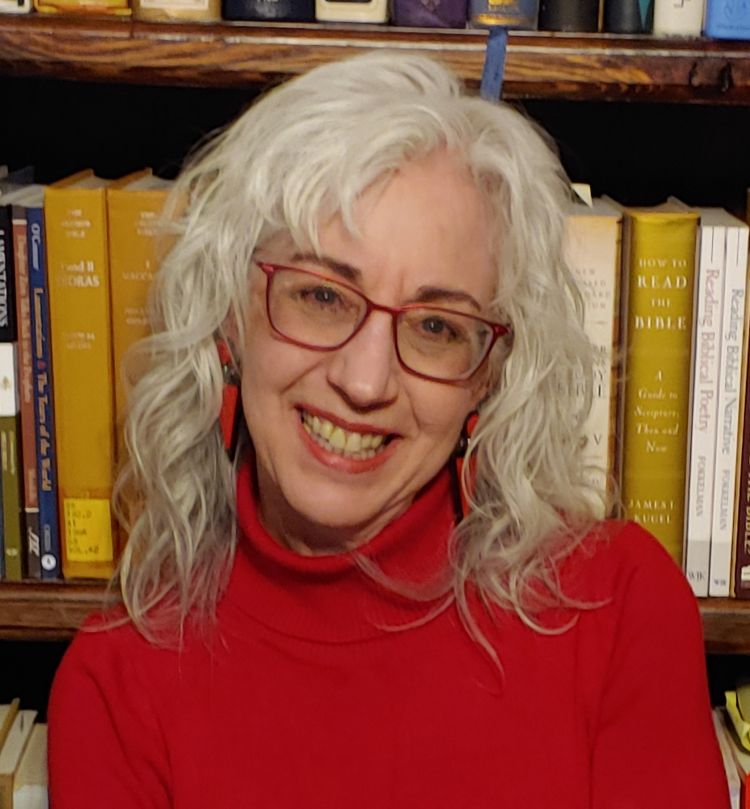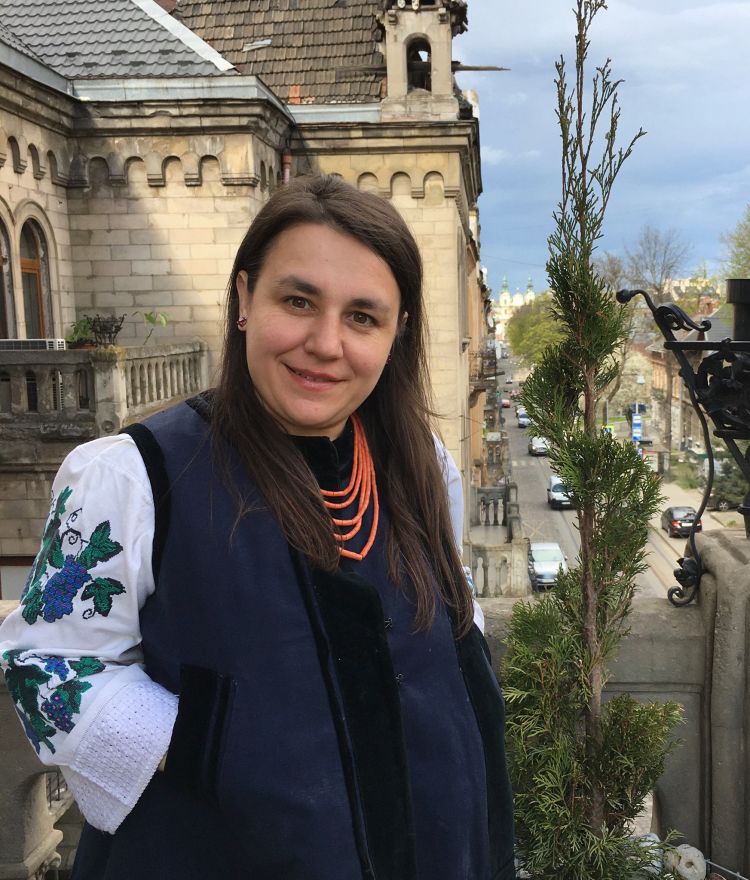Centre for Religion and Public Life
2025/26 events
2025/2026 seminars
9 October – Rabbi Dr. Barbara Thiede (University of North Carolina at Charlotte, USA)

Centuries of Jewish and Christian exegetes have made strenuous efforts to redeem, justify, and explain away the difficult, even violent god of the Hebrew and Greek Bibles. Biblical scholars have often supported this effort. This is not only true for the cisgender, heterosexual, and male scholars of the global North who have dominated the field. Feminist scholars, Queer Scholars, and scholars of masculinity have also -- often with the best of intentions -- worked to mitigate and ameliorate the deity’s character, nature, and doings. The outcome, however, has been harmful, particularly for children, women, members of the LGBTQ+ community, and persons of colour. In this presentation, Barbara Thiede asks whether religious leaders and scholars can help change practice, teaching, and real-world conditions for the better if they abandon any attempt to “fix” the biblical god. How would such an approach affect religion, religious practice, and learning in classrooms across the globe? And what God is left to us when we acknowledge the divine character and life we find in biblical texts?
23 October – Zaynab Ango (University of Abuja, Nigeria)

This paper examines the centrality of Islam to queer agency in two Hausa digital novels, Auren Jinsi (“Same-Sex Marriage,” 2022) and Danyen Kasko (“The Unbroken Pot,” 2022). The Hausa culture in Northern Nigeria has for centuries been shaped by Islamic teachings, which regulate sexual relations and orientations. Yet, this paper contends that Islam is amenable to queer agency, as portrayed in the novels. The paper further contends that the emergence of digital publishing, its offerings of anonymity and accessibility, now offers a medium for self-assertion that is deconstructing heteronormative hermeneutics. Drawing insights from the notion of “appropriation” in postcolonial theories, the paper unpacks the authors’ strategies of interpreting Qur’anic injunctions to challenge heteronormative discourses, and of constructing queer identities and moral authority within Islam. This unveils religion as a productive “site for queer agency,” and digital literature as an alternative archive for Hausa queer lived experience.
20 November – Dr Halyna Teslyuk (Ukrainian Catholic University in Lviv, Ukraine)

Women and children are disproportionately affected by warfare, as evidenced by the situation in Ukraine. Investigative reports indicate that rape, kidnapping, and torture of women and children have occurred on a large scale and have been systematically employed as weapons by Russian soldiers. Ukrainian women have adopted various strategies to protect themselves and their children. These contemporary accounts offer a contextual framework for interpreting the biblical narratives of Jael (Judges 4-5) and Judith (the Book of Judith), focusing on their methods for safeguarding innocent lives. The actions of these scriptural women involved significant personal risk and often challenged the patriarchal worldview that equated masculinity with courage and violence, and femininity with weakness and victimisation.
Additionally, the experiences of mothers of Ukrainian soldiers, who support their sons and daughters in their pursuit of peace, warrant examination. The narrative of Mary in the Gospels, who fully supported her son in his mission, is particularly relevant. Although only a few passages in the canonical texts depict Mary's interactions with her son, these accounts reveal the complexities of the role as Jesus's mother. Her motherhood, as portrayed in the canonical stories, is characterised by perseverance, courage, and resilience, as well as by moments of complicated relationship with her son. For many Ukrainian women, Mary serves as a symbol of a mother who supported her child to the very end in his efforts to save others. The courage and conviction of Ukrainian mothers inform contemporary interpretations of Mary's stories in the Gospels.
4 December – Professor Kate Adams (Leeds Trinity University)

The spiritual lives of children in general, and their ability to make meaning from religious and/or spiritual experiences in particular, remain largely hidden in western cultures and are relatively under-researched. However, children naturally ask existential questions as they search for meaning and purpose, and their place in the world. Many also report experiences which can be framed as religious and/or spiritual but often do not share them due to fears of ridicule or dismissal. This is a problematic situation for several reasons, not least because it diminishes the importance of this dimension of life.
Adopting an interdisciplinary approach, this paper offers examples from research to provide an overview of the types of experiences children and young people report, and explores how children’s spiritual voice(s) are often silenced. Adults are encouraged to adopt an attitude of epistemic humility to help facilitate self-awareness and reduce dialogical tension which often arises when children express their spirituality. It is argued that any dialogical tension can be used as a positive force if adults approach situations with curiosity about children’s worlds and perspectives. By doing so, we can foster more conversations with and about young people’s spiritual lives, nurturing an openness they can carry into adulthood. Such actions can contribute to broader efforts to make religion and spirituality more visible in public discourse.



